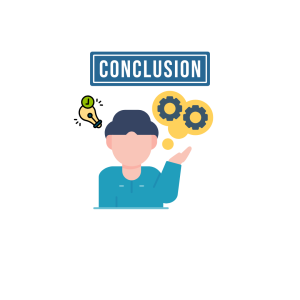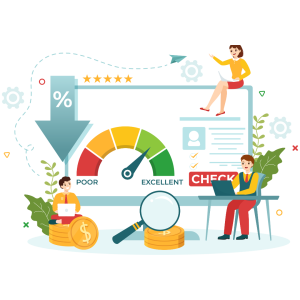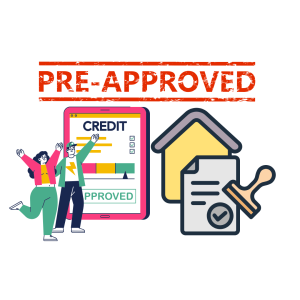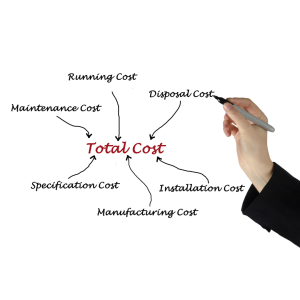Introduction
Navigating the mortgage landscape in 2025 requires more than just good credit and a down payment. With rising interest rates, evolving loan products, and stricter lending regulations, today’s homebuyers must be sharper than ever. Whether you’re buying your first home or refinancing, one misstep could cost you thousands—or worse, derail your entire financial plan.
Understanding the common pitfalls before you sign any papers can make all the difference. From ignoring your credit score to skipping mortgage pre-approval, this guide will walk you through the top mortgage mistakes to avoid in 2025. Let’s make sure you’re prepared to make smart, stress-free decisions that set you up for long-term success.
Key Takeaways
- Know your credit health before applying—errors or poor scores can sabotage your rate.
- Don’t skip pre-approval—it makes you a stronger buyer and clarifies your budget.
- Avoid overborrowing—just because you qualify doesn’t mean you should max out.
- Watch the fine print—hidden fees and terms can sneak up on you.
- Factor in all costs—insurance, taxes, and maintenance matter, too.
- Rate shop wisely—get multiple offers to secure the best deal.
- Stay realistic—buy for your budget, not your dreams.
1. Neglecting Your Credit Score
Why Your Credit Score Matters More Than Ever
In 2025, lenders are increasingly using tiered interest models that reward excellent credit and penalize even small score drops. A few points can cost or save you thousands ove
r the life of a loan.
Common Credit Missteps
- Not checking your report early enough.
- Ignoring errors or outdated information.
- Racking up debt just before applying.
Tip: Check your credit at least six months before applying and address any discrepancies or debts.
2. Skipping Mortgage Pre-Approval
The Power of Pre-Approval
Pre-approval isn’t just a nice-to-have—it proves to sellers and agents that you’re a serious buyer. It also defines your price range, preventing heartbreak later.
Pitfalls of Pre-Qualification Confusion
Many confuse pre-qualification (a rough estimate) with pre-approval (a verified credit and income review). Only the latter holds weight in competitive markets.
Tip: Go through a full pre-approval process before house hunting.
3. Borrowing Too Much
When the Bank Says Yes but You Should Say No
Just because you’re approved for a large amount doesn’t mean you should borrow it. Stretching your budget can leave you “house poor.”
Smart Budgeting Strategies
- Aim for a mortgage payment that’s no more than 28–30% of your gross income.
- Leave room for savings, emergencies, and lifestyle expenses.
Tip: Use conservative calculators and base your budget on net income.
4. Ignoring the True Cost of Homeownership
Beyond the Mortgage Payment
Monthly mortgage payments are just the beginning. Property taxes, homeowners insurance, HOA fees, and maintenance can add up quickly.
What to Budget For
| Expense Category | Typical Range |
| Property Taxes | 1–3% of home value |
| Home Insurance | $800–$2,000/year |
| Maintenance & Repairs | 1% of home price/year |
| HOA Fees | $100–$500/month |
Tip: Ask your lender or real estate agent to help estimate total monthly costs.
5. Not Shopping Around for the Best Loan
One Rate Doesn’t Fit All
Mortgage rates and terms vary significantly between lenders. Not comparing offers is like leaving free money on the table.
What to Compare
- Interest rates (fixed vs. variable)
- Loan terms (15, 20, 30 years)
- Closing costs and origination fees
Tip: Get at least 3–5 quotes and don’t be afraid to negotiate.
6. Overlooking Loan Details and Fine Print
Hidden Costs That Can Hurt Later
Some loans come with clauses like prepayment penalties or balloon payments that can be financially painful if you’re not careful.
Key Documents to Scrutinize
- Loan Estimate (LE)
- Closing Disclosure (CD)
- Mortgage Note
Tip: Have a trusted advisor or attorney review the documents before signing.
Conclusion
Securing a mortgage in 2025 doesn’t have to be overwhelming—but it does require a well-informed approach. By avoiding these common mistakes, you’ll protect
your financial future, reduce stress, and move into your new home with confidence. Take your time, ask questions, and remember: the right mortgage isn’t just
about getting approved— it’s about getting the terms that work best for you.

Ready to take the next step? Start by reviewing your credit and connecting with a trusted mortgage advisor today.





